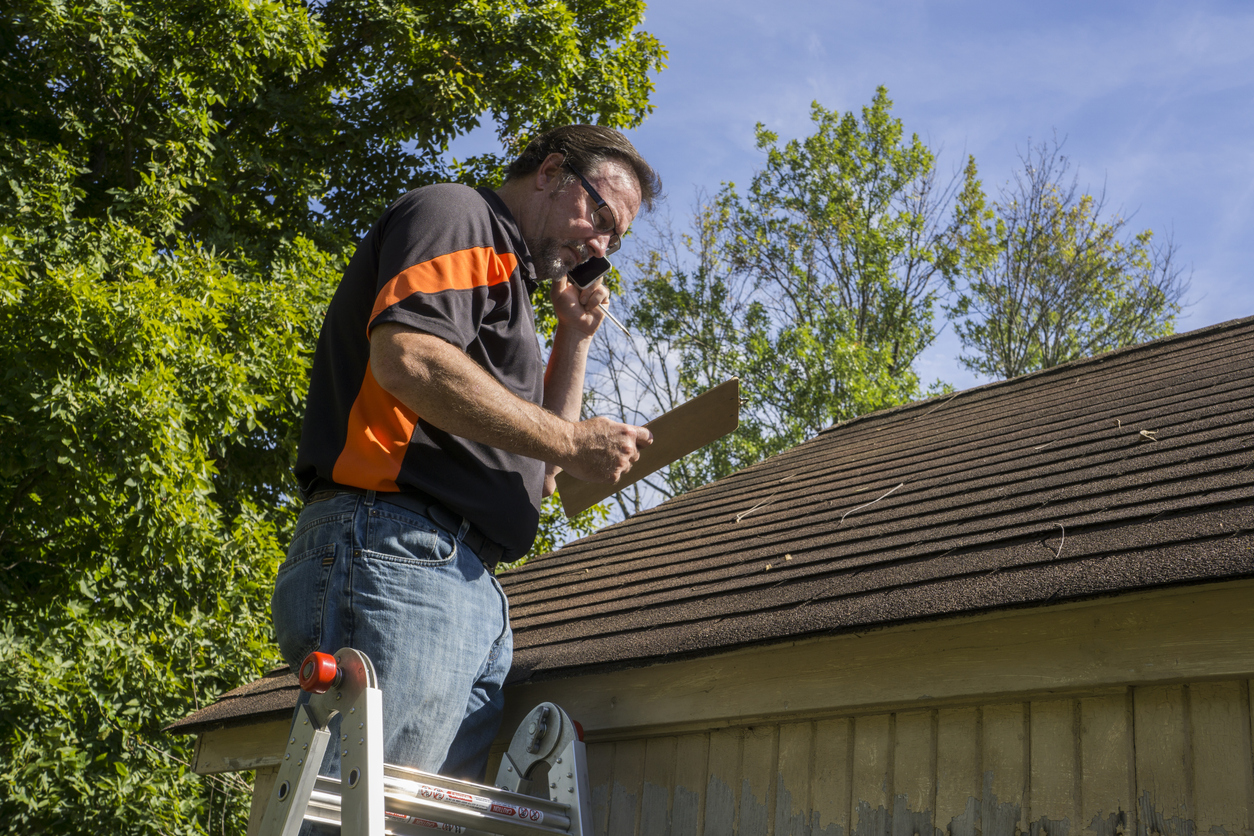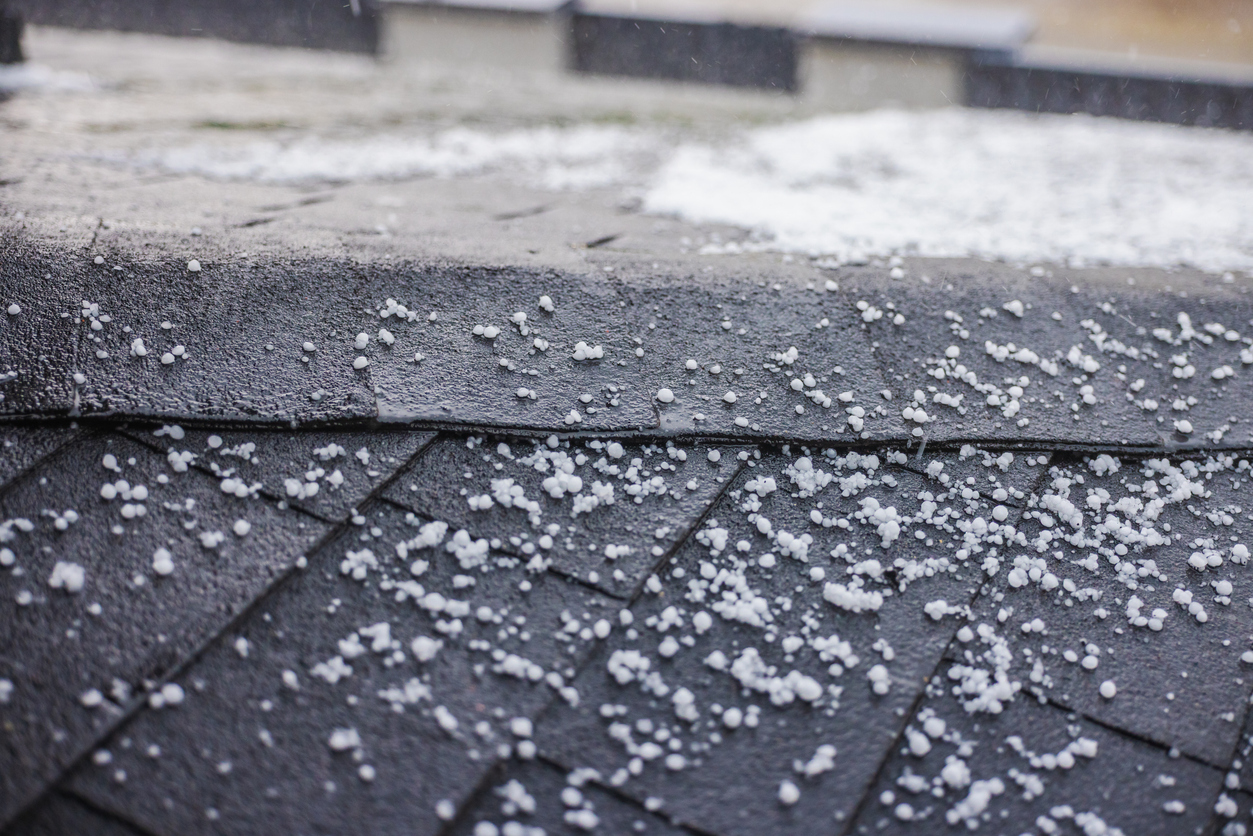Beginning July 1, 2024, policyholders in Louisiana will need to be more circumspect and scrutinize any estimate submitted to the carrier, either directly or submitted on their behalf by any third party, including contractors or public adjusters. A significant revision to Louisiana Revised Statute 22:1892 imposes a duty of good faith on the policyholder in, among other aspects, submitting estimates to the carrier. If the trier of fact finds that any estimate submitted to the carrier by the policyholder lacked a good faith evidentiary basis, that finding could be fatal to the client’s right to recover attorney fees and penalties.
This is potentially a significant issue for those policyholders who retain public adjusters or solicit estimates from contractors, who then negotiate with the carrier seeking authorization to complete the repairs. Newly revised Louisiana Revised Statute 22:1892 J(2)(c) mandates:
J. (1) The insured, claimant, or a representative of the insured or claimant has a duty of good faith and fair dealing when asserting a claim for insurance coverage.
(2) Any one of the following acts, if knowingly committed or performed by an insured, claimant, or representative of the insured or claimant, constitutes a breach of the insured’s duties imposed in Paragraph (1) of this Subsection:
(c) A submission of an estimate or claim for damages that lacks a basis for coverage under the terms of the policy or lacks a good faith evidentiary basis.
The “good faith evidentiary basis” of every estimate submitted by the policyholder will now be dissected, and its merit will be exhaustively litigated. Policyholders should anticipate that every carrier will challenge the good faith basis of each and every estimate based upon scope and value, hoping to nullify penalties and attorney fees.
Unfortunately, the statute does not provide any framework for the trier of fact to consider when determining whether the policyholder’s estimate lacked a good faith evidentiary basis. The policyholder should anticipate a free-for-all, a litany of challenges on every minuscule line item in the estimate. For example, since Hurricane Laura in South Louisiana, pricing has fluctuated among contractors, with some contractors including 10% overhead and 10% profit in their estimates, while others in the same locality customarily include 15% overhead and 15% profit in their estimates. That differentiation in pricing will be contested. One can expect lengthy discovery, including depositions of every contractor, solely dedicated to the carrier challenging the scope and estimate of the repair, hoping to undermine the “good faith evidentiary basis” of each and every estimate. Therefore, if the carrier successfully convinces the trier of fact that the public adjuster’s scope is overly broad, the costs are unreasonable, or that a contractor’s estimate was inconsistent with the purportedly reasonable amounts charged in the locality, attorney fees and penalties could be denied based upon those findings alone.
Moreover, the Legislature did not define the phrase “good faith evidentiary basis.” Hence, it is arguably unconstitutionally vague to the extent that estimates, even those generated by Xactimate, are subjective in nature and based upon the knowledge and experience of the estimator or contractor. Furthermore, to the extent that the law imposes unjustifiable scrutiny on the estimates solicited by policyholders but not those estimates generated by the carrier, the constitutionality of the law should be challenged by the policyholder in every proceeding. The Legislature could and should have applied the same standard to estimates generated by the carrier. This issue is ripe for a constitutional challenge.
It is not coincidental that this standard was not imposed on the carrier. Litigators in first-party property cases, Plaintiff and Defense, know that the estimates generated by the carrier at the initial inspections are often under-scoped, undervalued, incomplete, and, during catastrophic events specifically, generated by inexperienced, ill-prepared, and overworked adjusters whose loyalty is not to the policyholder. Policyholders simply want the carrier to adhere to their responsibilities under the insurance contract and pay what they owe so that the policyholders can begin rebuilding their homes.
In conclusion, this legislation is a stereotypical, frenzied, knee-jerk reaction, creating more collateral damage and litigation rather than facilitating making the policyholder whole. This revision was an absolutely unnecessary, unjustifiable overreach by the Legislature, replete with unforeseen collateral consequences. In those egregious cases where fraudulent conduct may have been present or even attempted, the carrier was not bereft of a remedy prior to the revision. In Louisiana, we have criminal consequences and civil penalties, which can be imposed when warranted. This amendment simply creates additional unnecessary litigation, delays payments owed to the policyholder, and subverts the process to the detriment of the policyholders in Louisiana.




